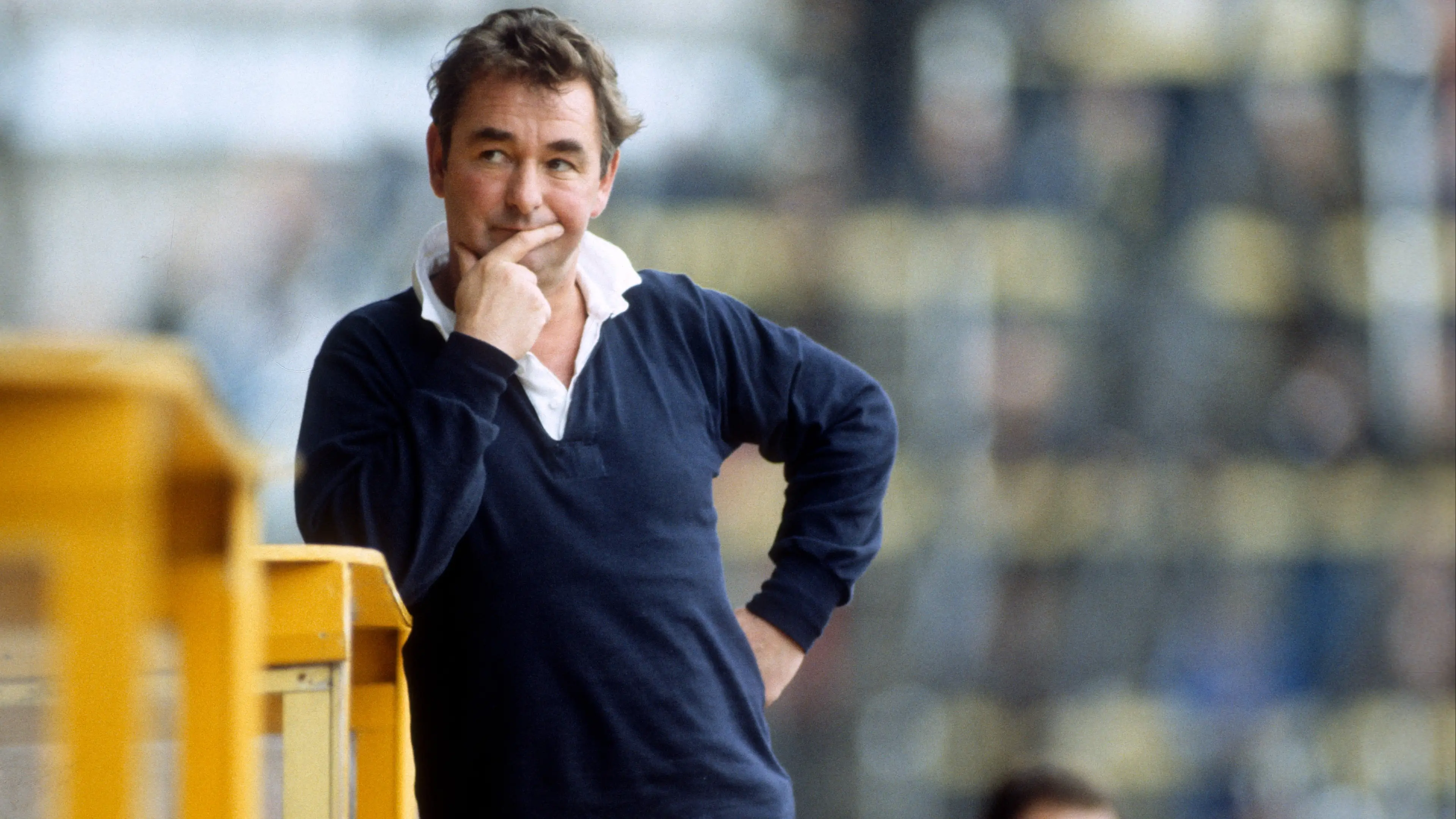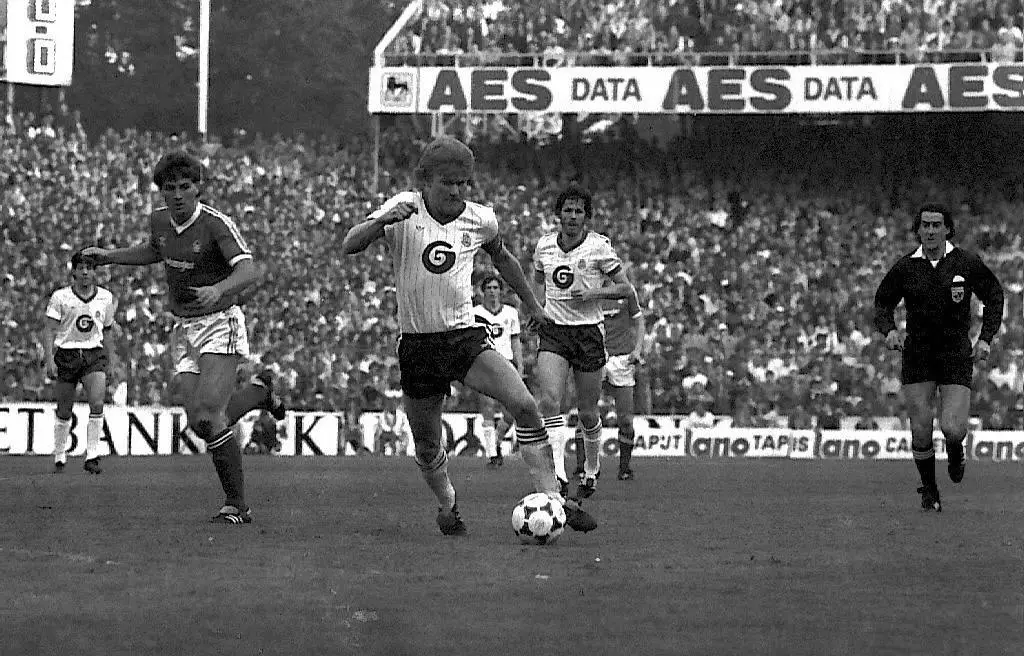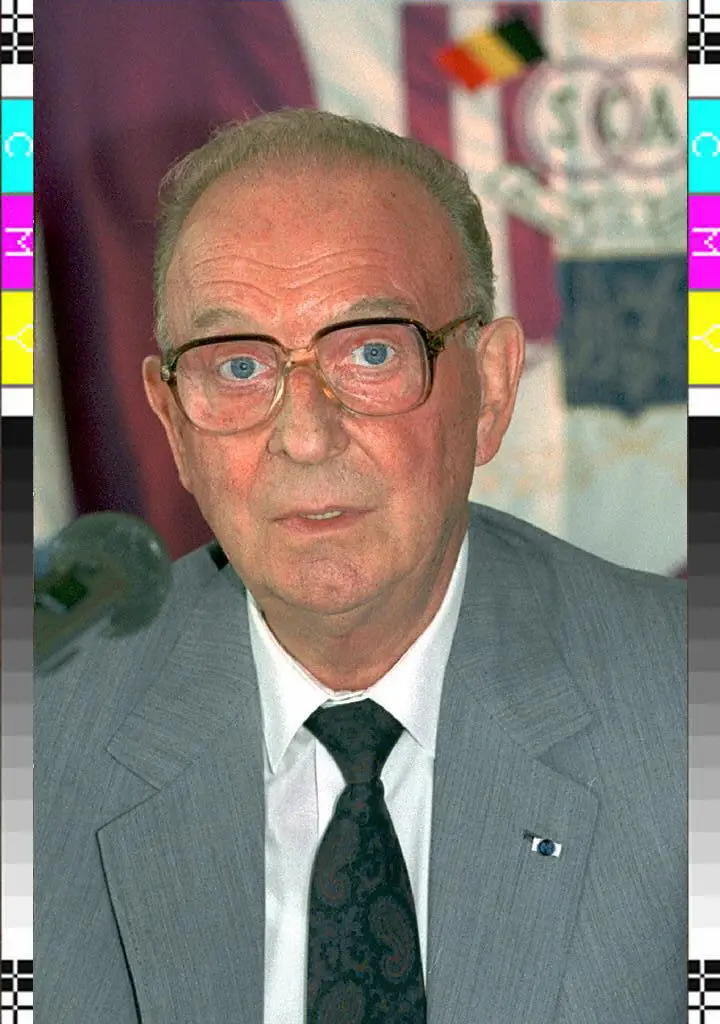
On the day that Crystal Palace’s appeal over their demotion to the UEFA Conference League is heard by the Court of Arbitration for Sport, it’s not the first time UEFA have been embroiled in legal matters.
Palace secured their spot in the Europa League owing to their FA Cup win over Manchester City in May, a match in which they secured a 1-0 victory courtesy of Eberechi Eze’s first half strike. However, the Eagles were found to have breached UEFA’s multi-club ownership rules due to John Textor owning shares in both Lyon, who also qualified for the Europa League, and Palace.
As a result, Palace were demoted to the Conference League by Europe’s governing body, even though Textor has since sold his shares in the Premier League side to US businessman Woody Johnson. The south London side believe they have a strong case that’ll see the decision overturned and regain their place in the Europa League.

Nottingham Forest were wronged in the 1984 UEFA Cup semi-final
UEFA ultimately handed Palace’s place in Europe’s second club competition to Nottingham Forest, who were incidentally at the heart of one of football’s greatest corruption scandals.
Advert
Forest fell to a 3-0 loss at Anderlecht in the second leg of their UEFA Cup semi-final meeting with the Belgian side in the 1983/84 season.
Brian Clough oversaw a 2-0 home triumph in the first leg courtesy of a late brace from Stephen Hodge. In the second leg, Forest had a dubious penalty awarded against them and saw a goal disallowed that ultimately resulted in a 3-2 aggregate loss.
Anderlecht would go on to lose the UEFA Cup final to Tottenham, though that was scant consolation for an understandably aggrieved Forest side.
The truth behind the 1984 incident only came to light during a 1997 criminal case, where Anderlecht admitted to bribing Spanish referee Emilio Guruceta Muro to officiate the contest in their favour. At first, UEFA were reluctant to impose any sanctions as the event had taken place over 10 years prior to the case.

UEFA sat on evidence that proved Anderlecht were guilty
However, BBC’s Inside Out found evidence that UEFA had a dossier of evidence as early as 1992, when they could have pushed for a harsher penalty.
The evidence shows that shortly before the game, Anderlecht president Constant Vanden Stock approached local criminal Jean Elst with a view to bribing the referee.
Frank van Laeken, a Belgian journalist, is quoted as saying: "Elst contacted a friend in the region, who went to Alicante and spoke to the referee.
“The referee said 'OK, I'll do it for 1.2m Belgian francs'.” That would be worth a little over £25,000 today.
However, another criminal, Rene Van Aaken, stole the details of the dealings and blackmailed the club before sending the information to the Belgian FA between 1990 and 1992.
“If you receive something like this, a bunch of documents on possible games that are tampered with, you should investigate it,” Van Aaken said.
The Belgian FA claimed they were unable to investigate claim, and passed the information on to UEFA, who didn’t impose any sanctions for more than four years.
The CAS appeal into Palace’s case will be held on Friday with a result expected on Monday, a day after their Community Shield meeting with Liverpool.
Topics: Crystal Palace, Europa League, Football, Nottingham Forest, UEFA